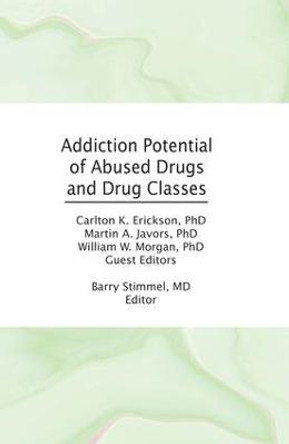Description
This book is the culmination of five years of impassioned conversations among distinguished scholars in law, public policy, medicine, and biopsychology, about the most difficult questions in drug policy and the study of addictions. As these intensely argued chapters show, the obvious answers are always alluring but frequently wrong.
Do drug addicts have an illness, or is their addiction under their control? Should they be treated as patients, or as criminals? Challenging the conventional wisdom in both the psychiatric community and the enforcement community, the authors show the falsity of these standard dichotomies. They argue that the real question is how coercion and support can be used together to steer addicts toward productive life.
Written in clear and forceful language, without ideological blinkers and with close attention to empirical data, this book has something to teach both novice and expert in the fields of drug addiction and drug policy. The authors' resistance to sloganeering from right or left will raise the quality of public discussion of a complex issue, and contribute to the management of one of the most painful and enduring problems of American society.
This book is first-rate. The command of the research literature is impressive and the wide range of contributors ensures that readers will be exposed to all aspects of the current questions concerning drug policy. From the wonderfully inclusive overview of Philip Heymann's introduction to the highly detailed discussion of data by William Brownsberger on drug users and drug dealers, each of the contributions is high quality and addresses a cutting edge issue. -- Mathea Falco, President, Drug Strategies There couldn't be a better selection of American authors on this tortured subject than the authors assembled here, every one a recognized scholar with years of experience. They write with clarity and candor. They reach conclusions. They make sense. What a refreshing experience! -- Thomas C. Schelling, School of Public Affairs, University of Maryland
About the Author
Philip B. Heymann is James Barr Ames Professor of Law at Harvard Law School. William N. Brownsberger is a Massachusetts State Senator. Until 2007 he was Associate Director for Public Policy at the Division on Addictions, Cambridge Health Alliance, an affiliate of Harvard Medical School. Gene M. Heyman is a research psychologist at McLean Hospital and a Lecturer in Psychology at Harvard Medical School. Mark H. Moore is Hauser Professor of Nonprofit Organizations at the Harvard Kennedy School of Government and Herbert A. Simon Professor of Education, Management, and Organizational Behavior at the Harvard Graduate School of Education. He has also been a Visiting Professor of Business Administration at Harvard Business School. George E. Vaillant is Professor of Psychiatry at Harvard Medical School.
Reviews
This book is first-rate. The command of the research literature is impressive and the wide range of contributors ensures that readers will be exposed to all aspects of the current questions concerning drug policy. From the wonderfully inclusive overview of Philip Heymann's introduction to the highly detailed discussion of data by William Brownsberger on drug users and drug dealers, each of the contributions is high quality and addresses a cutting edge issue. -- Mathea Falco, President, Drug Strategies
There couldn't be a better selection of American authors on this tortured subject than the authors assembled here, every one a recognized scholar with years of experience. They write with clarity and candor. They reach conclusions. They make sense. What a refreshing experience! -- Thomas C. Schelling, School of Public Affairs, University of Maryland
Book Information
ISBN 9780674003279
Author Philip B. Heymann
Format Hardback
Page Count 288
Imprint Harvard University Press
Publisher Harvard University Press
Weight(grams) 535g





